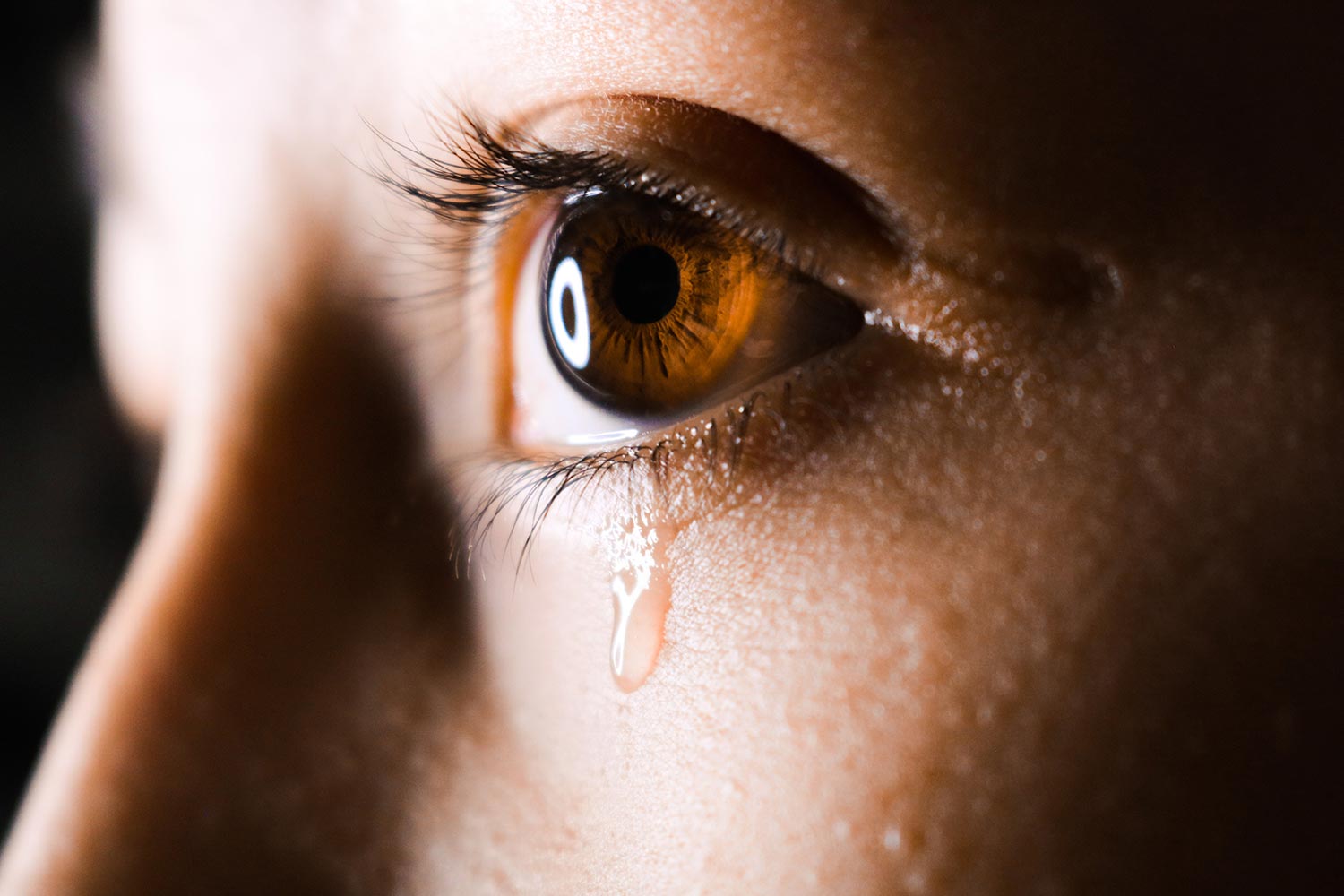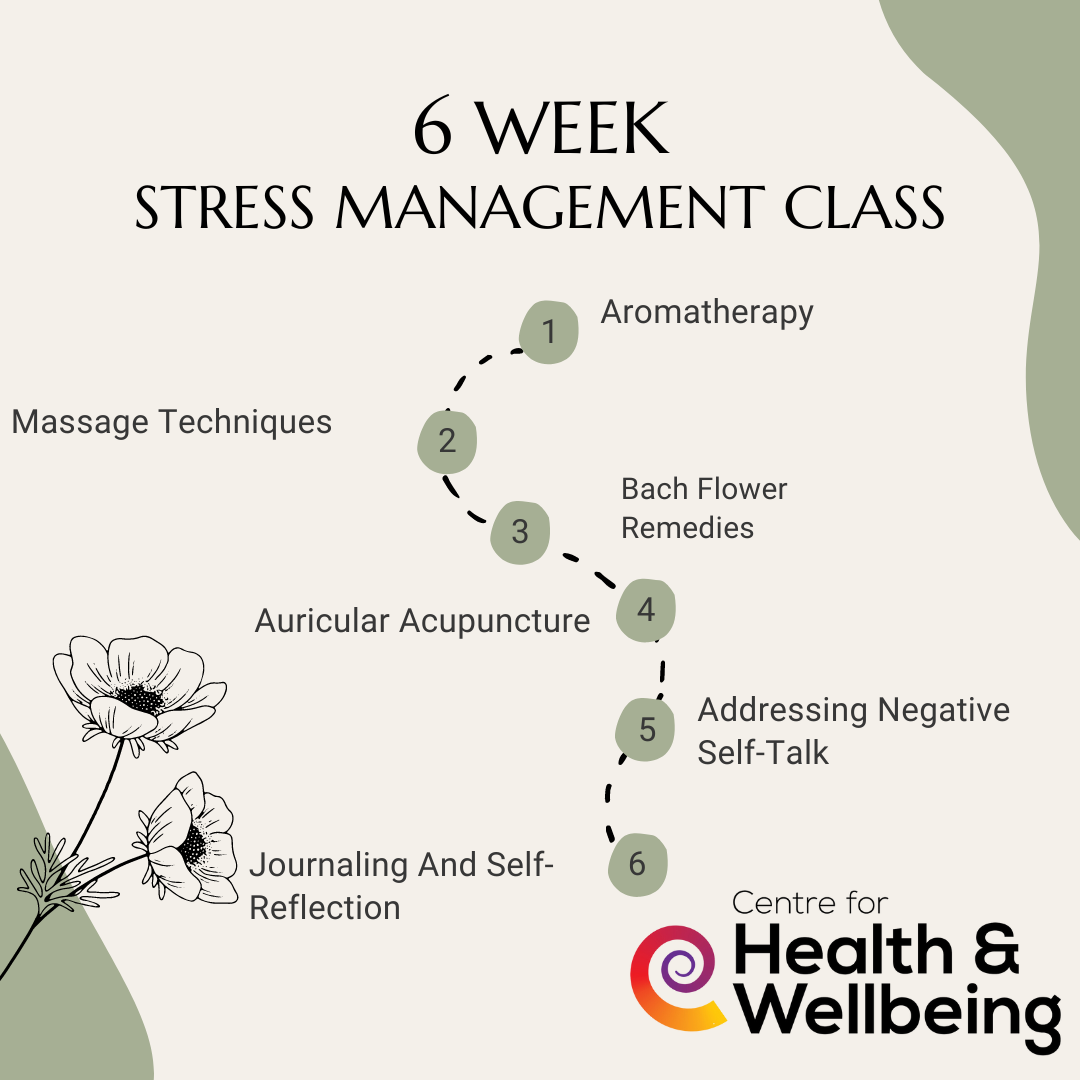Sad is a small word and doesn’t describe how it feels to lose a loved one. Emptiness. Despair. Hurt, lost and aching. Frantic and feeling unable to cope. Whether it’s a parent or partner, life long friend or elder sibling, we are never really prepared to say goodbye. Its ok to be angry. Especially if your loved one has been taken before their time or due to an illness, accident or injustice. Your emotions will be mixed and overwhelming during bereavement, made worse with shock and trauma if the loss is unexpected.
Don’t shut out other people. You want to be alone, but it will help to share memories and feelings with your loved ones. Listening to each other will help them and you. But amongst funeral preparations and people paying their respects, find time to grieve during bereavement. Time to let your emotions out. Find your special place, where you can talk to your loved one. Its ok to spend some time alone, but try to remember, you are not alone.
Your family members are tired and fragile and this can feed short tempers. Often they will say things they don’t really mean. You might bite your tongue or answer more sharply than normal. Roll with it. The days leading up to and after the funeral, will in some ways become a blur and sharp words will be forgotten. Seemingly small things will stay with you and in the coming weeks and months they will bring comfort.

Let children and young people see your emotions during bereavement. It will help them show their own emotions and share how they are feeling, Grieve together and it will help them to say goodbye. When you have lost a slightly distant loved one, teach children empathy and compassion for those in deep sorrow.
Eat and sleep. You might lose your appetite but your body is in shock and needs fuel. Of course it would be best to have nutritious wholesome regular meals ….. But unless you find therapy in cooking, you probably won’t even think about groceries, cooking or eating. So aim to at least eat something, little and often, whether that’s simple snacks, or tea and toast or heated up carry out food. You will be hit with an overwhelming reminder of sorrow, each time you awaken, but it is important to sleep, or at least rest. Even if it’s during the day, or on the sofa, let your body and brain switch off.
Some days you will cry non-stop and other days you will feel guilty because you’ve gotten on with life and dared to go out in the fresh air and smile at a passer-by. Some days you will feel anger and frustration and not really know why. Grief is impossible to control and is best let run its own course.

In the weeks and months later, grief will hit you sideways on a random day, at an unexpected moment and triggered by an unexpected memory. It might be a song or movie; a seasonal holiday date or birthday gathering; or just arriving home after a normal busy day and wanting to talk to the person you’ve lost. It’s ok to fall into the grief and let it wash over you. Draw on memories of happy times together or talk to the one you have lost.
You won’t want to hear platitudes, but time truly is a great healer. Give yourself time. It doesn’t change the sadness and getting on with life doesn’t diminish how much someone is loved or remembered. It can take years to fully grieve and go through various stages. Each of them is difficult but with time you will get stronger and calmer, ready to support your family on their tough days during bereavement.
If you continue to struggle with understanding your grief, talk to someone. If not family or friends, clergy or doctor… find a support group near your home. Don’t ignore grief, as it will catch up with you. You owe it to your loved one, and to yourself, to grow and mature with loss.


